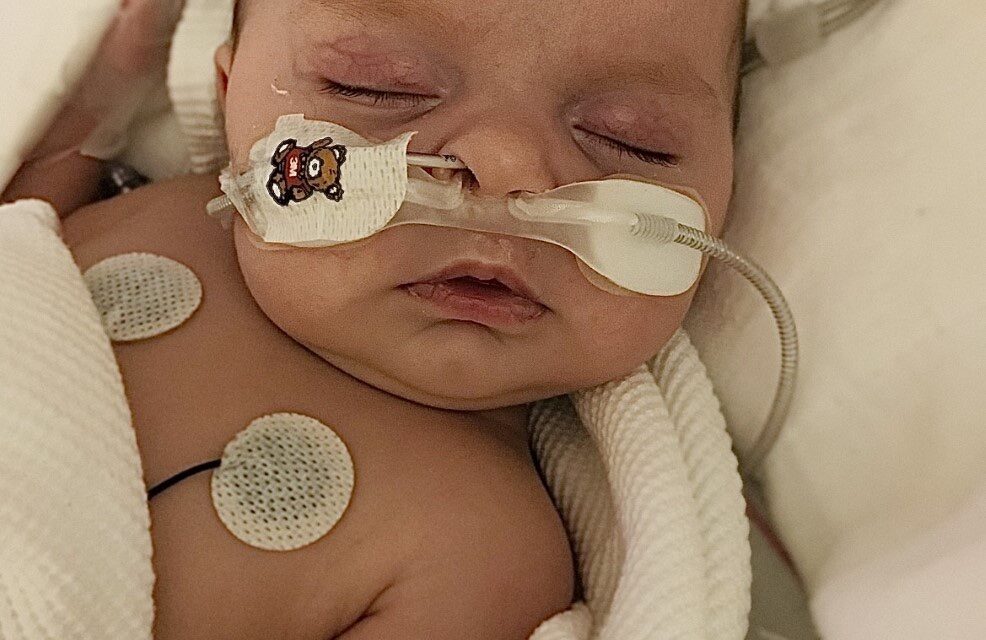(StatePoint) Respiratory Syncytial Virus (RSV) is the leading cause of hospitalization in infants, and so common that nearly 100% of children are infected by age 2. Most people, including infants, develop only mild cold-like symptoms, but sometimes RSV is severe enough to be life-threatening. The American Lung Association is raising awareness of RSV among new and expecting parents and caregivers of infants and toddlers by sharing the story of a family impacted by RSV.
RSV was one of Sarah Driscoll’s biggest fears when her daughter was born. She’d heard about it from social media and television commercials. So, after learning a few family members had a cough, she was reluctant to attend a holiday gathering with her newborn. After deciding to attend, she and her husband instructed everyone to wash their hands before touching the baby, and to keep their distance if they weren’t feeling well. Not everyone complied, and, shortly after the gathering, six-month old Charley started showing symptoms of a respiratory illness, which worsened quickly.
“Charley was placed in the pediatric intensive care unit and put on forced oxygen with a feeding tube, while her tiny body fought against RSV. “I did everything in my power to have this baby, and I wasn’t going to let RSV take her away from me,” says Driscoll. “Thankfully, she got better, and after five long days, we were able to bring her home.” Driscoll says that Charley is a happy, healthy 2-year-old who loves puzzles, watching “Moana,” and taking walks. Wanting no other family to experience what hers did when Charley was so sick, Driscoll shares tips she wishes she knew before becoming a parent:
- Trust your gut. If you’re debating whether to go somewhere that could potentially expose your child to illness, don’t. It’s not worth it.
- Set ground rules. People who already have kids think they know everything about raising them. But this is your child, and you call the shots.
- Pay attention to symptoms. RSV can progress quickly. Your baby could go from being cleared to go home from the pediatrician, to hospitalized within hours.
The American Lung Association wants you to know that if your child becomes ill from a respiratory infection, knowing the signs and symptoms of RSV can be important in getting your child the proper care.
- Mild symptoms include congestion, runny nose, fever, and cough.
- Very young infants may be irritable, fatigued, and have feeding difficulties.
- A barking or wheezing cough can be one of the first signs of a more serious illness. Infants with severe RSV have short, shallow, and rapid breathing, and their lips and fingernails may turn blue due to lack of oxygen.
If your child shows any of these symptoms, call your pediatrician. Seek emergency care if your child is having trouble breathing. For a comprehensive breakdown of RSV, visit https://my.clevelandclinic.org/health/diseases/rsv-respiratory-syncytial-virus and www.Lung.org/RSV.











